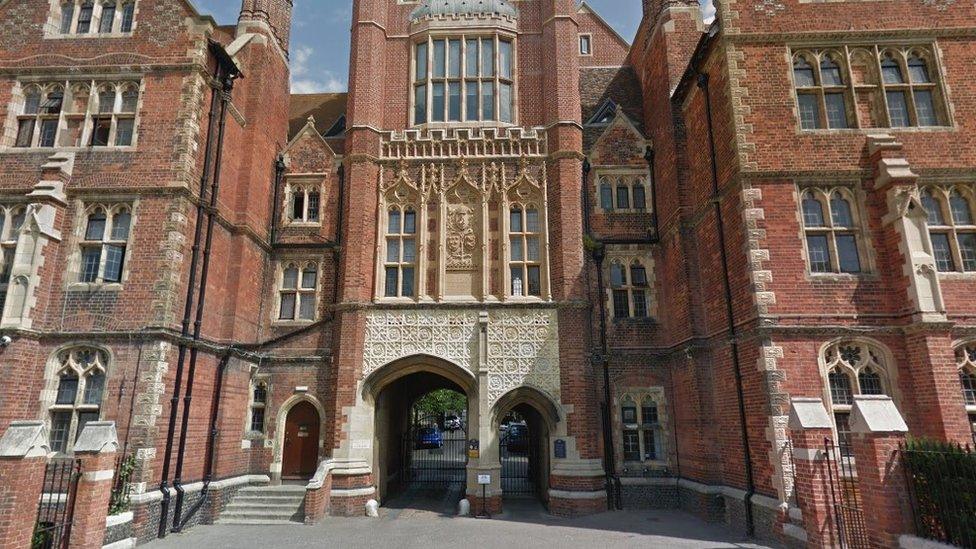Coronavirus lockdown hits Brighton's arts and tourism
- Published
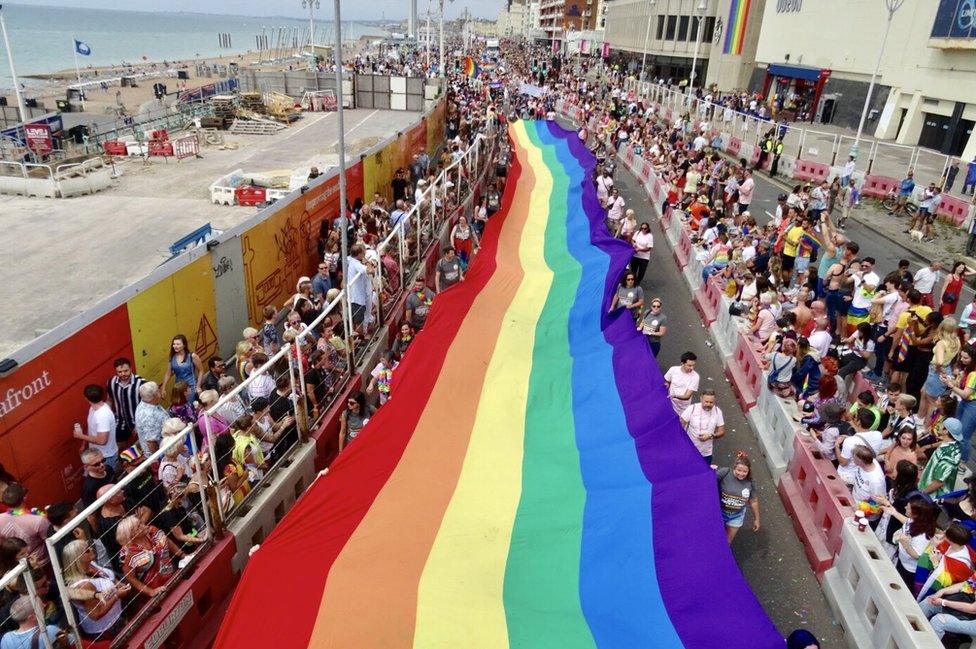
Brighton's cancelled Pride event would have generated vast sums at the peak of the summer season
Brighton and Hove's leisure and tourism industry has been left reeling by the impact of the coronavirus pandemic, a report says.
The city's leisure officers say the collapse of events such as Pride and the arts festival will cost more than £100m.
They hope an anticipated bounce-back in "staycations" later this year can be a lifeline for a city reliant on tourism.
But they warn that the future Brighton and Hove might look a little different.
Social distancing and restrictions on leaving home have hit leisure, tourism and the performing arts hard.
Council officials say UK tourism faces a struggle to survive, with April revenues down 90% on last year's.
Major events, which draw millions of visitors - and pounds - to the city have been cancelled or put back.
And many of the small independent shops for which Brighton is renowned face "considerable pressure" to survive.
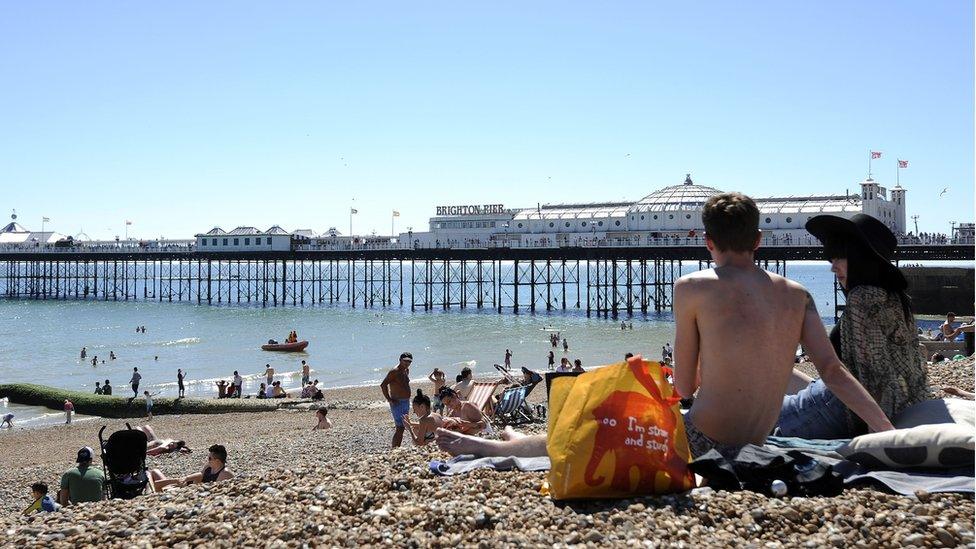
Tourist bosses hope there will be a surge in visitors once lockdown restrictions are eased
The report says an upturn in day trips and overnight stays when lockdown restrictions are eased might provide a "lifeline" for the local tourist industry.
But officers say many fear visitors will be reluctant to travel in sufficient numbers.
The performing arts sector in "Greater Brighton" earned £329m in 2018/19, employing 3,500 people, according to the council.
But the loss of peak-season events such as Pride, the Brighton Festival and Fringe and the marathon has severely damaged the sector.
The report, external says any loss of freelance and self-employed workers would have "a long-term negative impact for Brighton and Hove as the UK's most vibrant city for the arts and culture".
It says business models will need to evolve and high streets be reshaped to adapt to a post-Covid-19 world.
But it adds: "We can be at the forefront of a new approach to city regeneration which places community wealth-building and the circular economy at its heart."
- Published14 April 2020
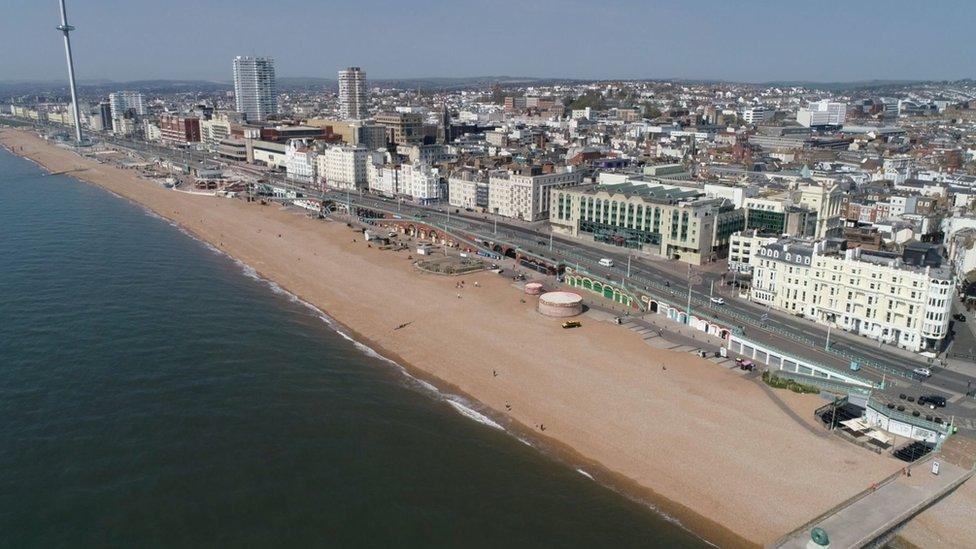
- Published3 April 2020
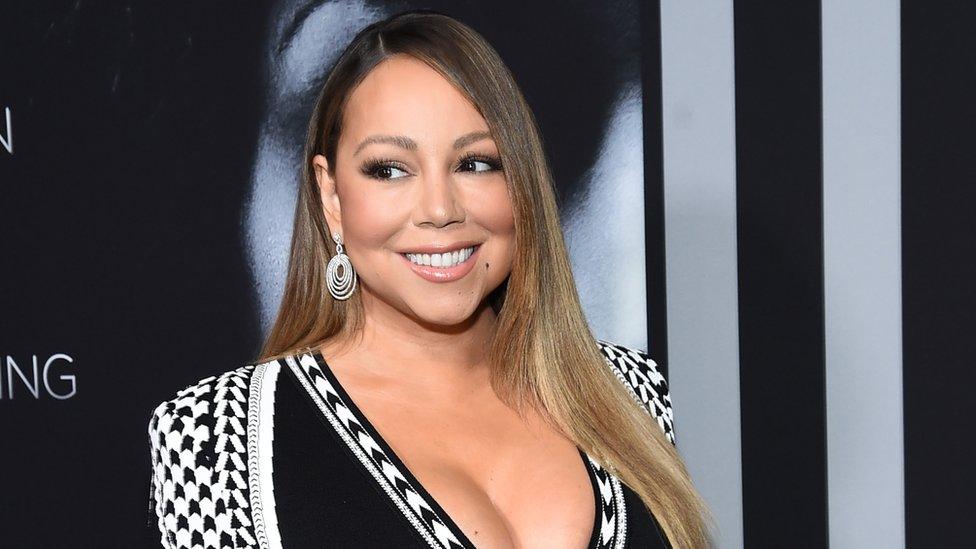
- Published16 March 2020
